A federal judge on Wednesday said he is prepared to rule in favor of a class of 12,400 Apple retail employees who allege the tech giant unjustly enforced bag screening policies without pay, setting up what could be a series of damages trials.
U.S. District Judge William Alsup in a hearing on Monday said he plans to grant summary judgment in favor of the plaintiffs, but will allow Apple to dispute individual claims on a case-by-case basis, reports Reuters.
The case dates back to 2013, when employees sued Apple over anti-theft measures including "demeaning" bag checks that were instituted in 2009. Plaintiffs in the class action argued they should have been compensated for time spent complying with Apple's screening protocols, which were designed to dissuade theft of company property.
According to court documents, the "Employee Package and Bag Searches" rule called for managers to search an employee's bags and personal devices (like iPhones) after clocking out at the end of the workday and, in some cases, lunch breaks. Plaintiffs claimed that routine wait times during these security checks deprived them of wages amounting to more than $1,400 per year.
Alsup dismissed the originating case in 2014, but allowed a class action to move forward under California law. That suit was also dismissed in 2015, with the jurist saying employees could have effectively bypassed Apple's searches by not bringing a bag to work.
Alsup's ruling was reversed when the California Supreme Court last year determined that employees were and are in Apple's control during mandatory exit searches of bags, packages, devices and other items. State law requires companies to compensate employees for time spent on anti-theft programs. A later decision from the U.S. Court of Appeals for the Ninth Circuit revived the class action as it stands.
On Wednesday, Alsup said he plans to hold a series of "mini-trials" on damages, during which Apple lawyers can argue against individual member claims. Specifically, some class members might not have waited long enough to reach a threshold for compensation. Apple lawyers pushed for employees to fill out detailed forms regarding time spent in security checks and when those checks were carried out, but that idea was shot down.
"I'm not going to require the claimants to figure out every day they stood in line and how long they stood in line; if they gave dates, they would not be telling the truth," Alsup said. "Apple is just out of luck on that point."
Instead, employees will estimate time spent on bag screening exercises.
Court documents show Apple could be responsible for some $60 million in damages, the report said.
 Mikey Campbell
Mikey Campbell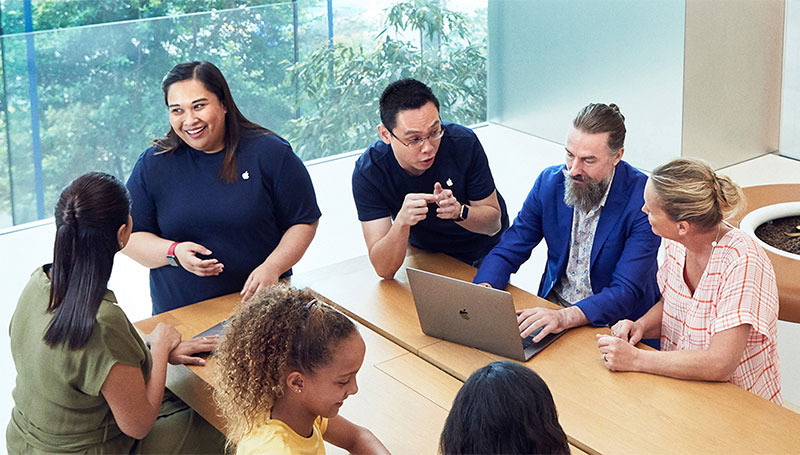


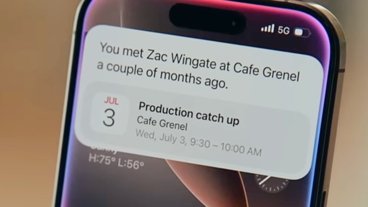
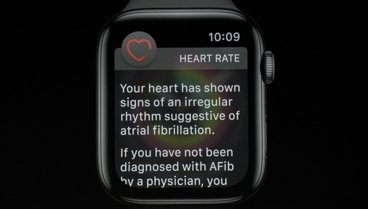
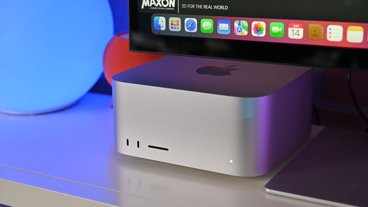

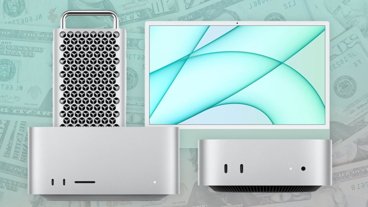
-m.jpg)





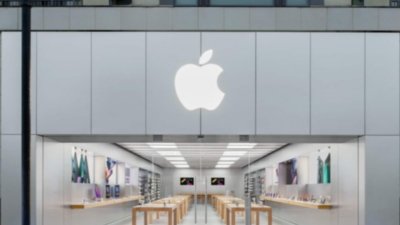
 Charles Martin
Charles Martin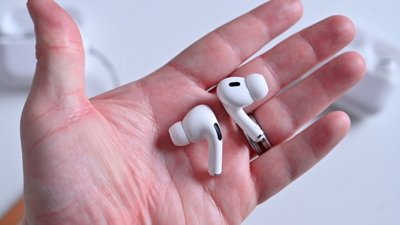
 Malcolm Owen
Malcolm Owen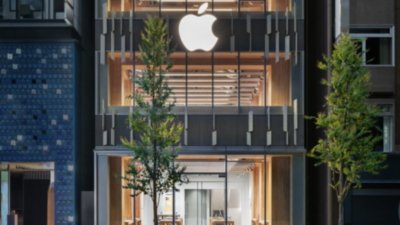
 Stephen Silver
Stephen Silver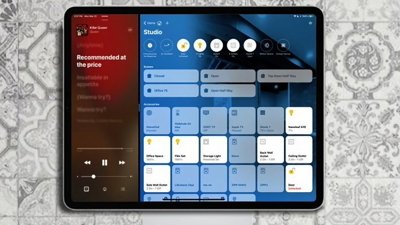
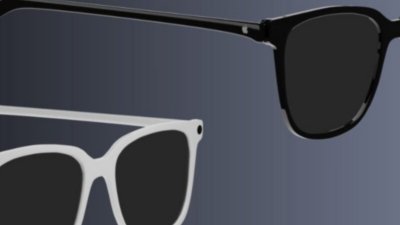



 Amber Neely
Amber Neely




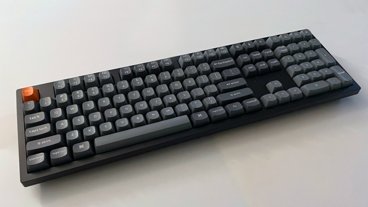
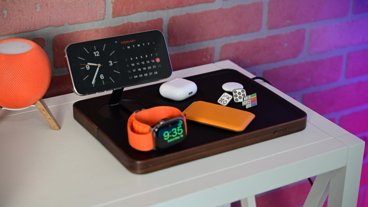
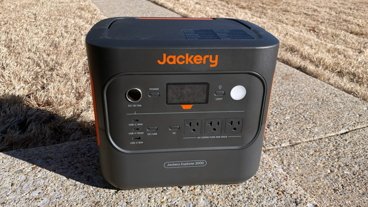

13 Comments
I don’t have a problem with the bag search, but if the the staff are still at work then the they definitely should’ve been paid for their time. And I think it would be good PR to pay up regardless of whether or not the employee had missed the claim deadline.
This is a bit of a complicated issue, but I believe I side with the workers here. It’s falls into a gray area in my opinion because Apple did NOT hold up and search employees unless they brought personal bags or gear to work with them; a surprising large percentage bring backpacks and the like. As such, one argument would be, “Don’t bring bags and you can leave right away.” But another argument could be, “Other businesses allow personal bag and do not search people on the way out.” But some do. I remember seeing employees at Sears going to the security door and letting them search their bags as they left. I have no idea whether they were still on the clock or not. The “search” was extremely cursory, taking only a couple seconds.
If I were an Apple employee, I likely would just opt not to bring any sort of bag and it would be a non-issue. I’m not sure what having this option means legally for Apple, though. Maybe someone savvy in Law could help me understand it. Or perhaps it’s unclear, since the case remains tied up in court.
This is just bad on Apple’s part.
It seems the cost of doing the checks is greater than any minimal amount of theft they might happen.